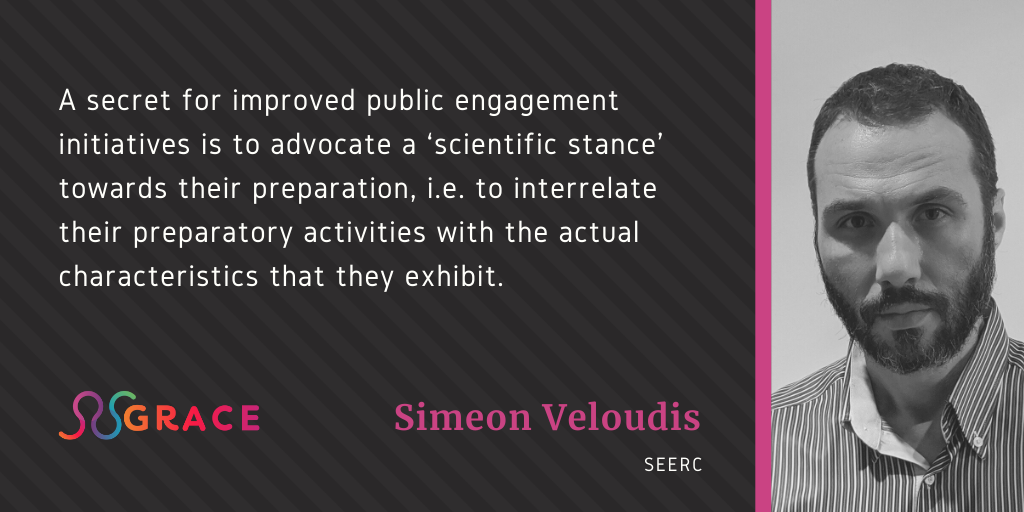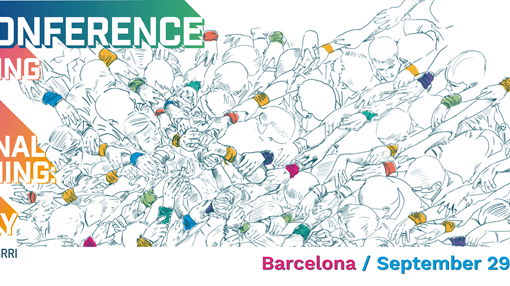
What are the “secrets” for an improved public engagement approach?
Like any other endeavour, a key “secret” for an improved public engagement approach, i.e. one that achieves the desired results through its public engagement initiatives, is to prepare well for these initiatives. But what does this mean? How can we be sure that the various preparatory activities that we undertake in view of our public engagement initiatives are on the right track and they will, ultimately, pave the way for success?
Well, one way is to advocate a “scientific stance” towards these activities. That means to try to derive their particular characteristics as a function of, or based upon, the characteristics that we wish to assign to our public engagement activities. In other words, an adequate preparatory process is one that is driven by a clear understanding of the characteristics that prospective public engagement initiatives will exhibit. Such characteristics may include: the purpose of the PE initiative; its scope – i.e. its geographical area of application, the communities that it is poised to target, and the stage of the research process at which it applies – e.g. upstream, midstream, downstream; the type of initiative – e.g. public communication, public activism, public consultation, public deliberation, public participation; the stakeholders that should be involved in the initiative, their roles, and any incentives that will maximise their participation; the particular mechanisms, or event types, through which the initiatives will be delivered.
Within the GRACE project, we have developed a generic and ready for use template –covering all aforementioned characteristics– for research funding and performing organisations (RFPOs) to provide an “anatomy” of their prospective public engagement initiatives· hence, to reverse-engineer the characteristics that the corresponding preparation activities should exhibit.
Simeon Veloudis
South-East European Research Centre (SEERC)


